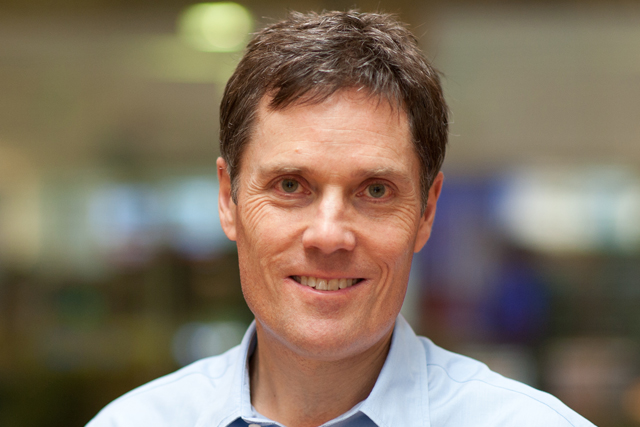shows that, although there is a growing appetite for television viewing among UK consumers, they are increasingly frustrated by today’s TV offerings, whether that’s accessibility, payment structures, quantity or quality of content.
Despite a proliferation of channels and new products such as Sky Go or Virgin Media’s TiVo, today’s consumers feel that TV has not kept pace with developments they have seen elsewhere in the media landscape.
Consumers are used to the search capabilities of YouTube, the recommendation engines of iTunes and Amazon, and the device interoperability of their MP3 music collection.
TV providers are not yet enabling viewers to search and navigate through content with this same degree of sophistication.
The Tomorrow Calling research found that:
- 71% of UK consumers want the freedom to choose what they want to watch, when they want to watch it.
- 45% want access to all back episodes of their favourite programmes.
- 39% want catch up to be available for longer, such as six months.
- 34% are interested in having multi-room wireless access to content on any screen (rising to 42% among 16-24 year-olds).
- 33% want the whole live TV schedule available on catch up.
- More than a fifth (21%) are frustrated when they can’t access a UK programme while abroad.
With further innovation in TV so clearly in demand, we asked consumers if new providers could enter the market, appearing on our internet-connected screens, and if today’s brands would still be relevant by 2020?
Many consumers (38%) agreed that there are "brands that could do a better job at providing TV than some of the TV providers and channels we have now", with just 8% disagreeing.
In the eyes of our viewers, there is clearly room for new entrants to be successful in this market - in particular, major internet, technology and film brands.
In a world of increasing choice where people need to make increasingly complex decisions, strong channel brands will have enduring importance as curators, trusted guides, and badges of quality.
However, when we tested responses to a number of major consumer brands, respondents felt that the big internet brands such as Google or YouTube could be very successful at providing TV platforms for viewing programmes and films, at aggregating content and enabling consumers to find content.
Brands like Sony and Apple enjoy so much confidence from consumers that they’re seen to be able to stretch into TV production or distribution without losing credibility.
Our white paper develops this thinking and suggests the key lessons that non-media brands can learn from broadcasters.
Click the image to enlarge the research presentation
Advances in technology have created an unprecedented opportunity for non-broadcast brands to become TV brands of the future, whether that’s technology companies, retailers, FMCG brands or publishers.
It’s a fascinating and critical time for those that find the best ways to harness this hunger for quality and accessible content.
For me, the really interesting issues will be how our industry responds to all this change, and how we evolve the quality of TV services for consumers, to protect the value in our industry and retain the ability to go on creating high quality content.
The survey of 1,000 UK consumers was conducted by Red Bee Media and is a part of the company’s Tomorrow Calling programme, which aims to build a picture of the media world in 2020.


